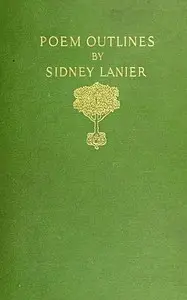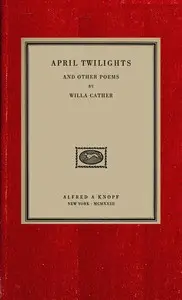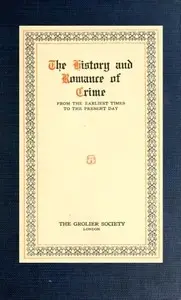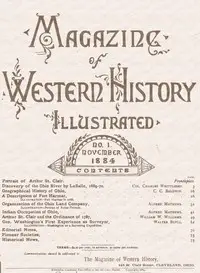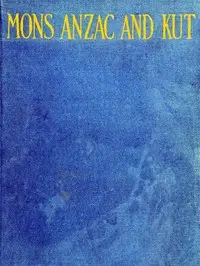"The English Novel and the Principle of its Development" by Sidney Lanier is a critical work written in the late 19th century. The book is based on a series of public lectures that explore the significance of the novel as a literary form, discussing its evolution and its relationship to modern society. Lanier delves into broader ideas regarding literary forms and aims to elucidate how the novel has become a dominant means of expression in contemporary culture. The opening of the text sets the stage by outlining Lanier's intentions to analyze the novel not just analytically but rather synthetically, from the perspective of literary art. He contrasts this approach with his earlier work on poetry and emphasizes the importance of understanding the novel's role in modern life. He argues that the novel, much like other forms of prose, is a product of its time, shaped by the increasing complexity of human personality and social interactions. Lanier highlights the transformative power of the novel, which serves both virtuous and vice-ridden narratives, illustrating its profound impact on readers and society as a whole. (This is an automatically generated summary.)

The English Novel and the Principle of its Development
By Sidney Lanier
"The English Novel and the Principle of its Development" by Sidney Lanier is a critical work written in the late 19th century. The book is based on a ...
Sidney Clopton Lanier was an American musician, poet and author. He served in the Confederate States Army as a private, worked on a blockade-running ship for which he was imprisoned, taught, worked at a hotel where he gave musical performances, was a church organist, and worked as a lawyer. As a poet he sometimes used dialects. Many of his poems are written in heightened, but often archaic, American English. He became a flautist and sold poems to publications. He eventually became a professor of literature at Johns Hopkins University in Baltimore, and is known for his adaptation of musical meter to poetry. Many schools, other structures and two lakes are named for him, and he became hailed in the South as the "poet of the Confederacy". A 1972 US postage stamp honored him as an "American poet".




